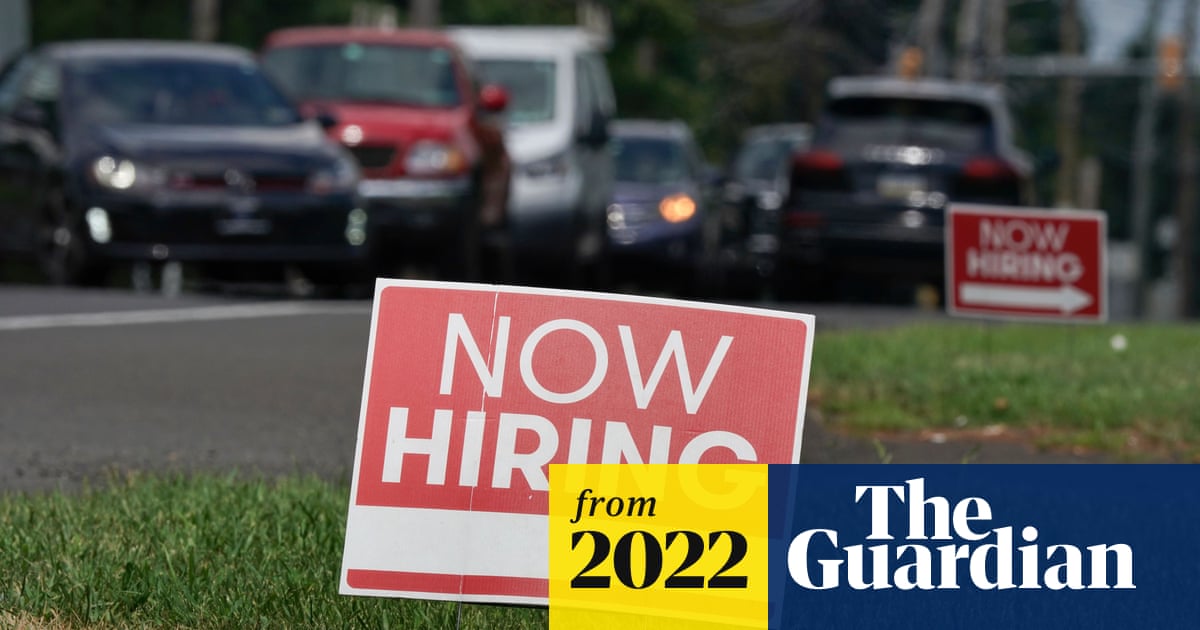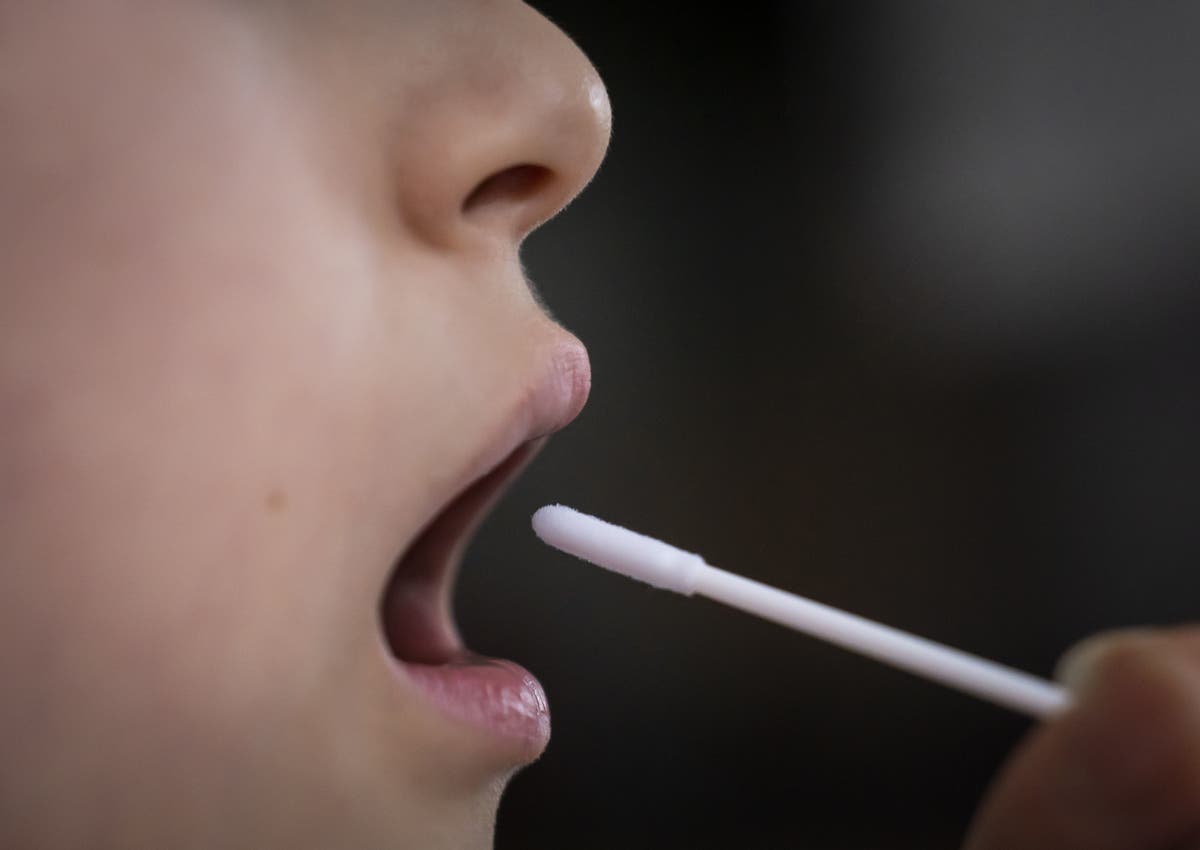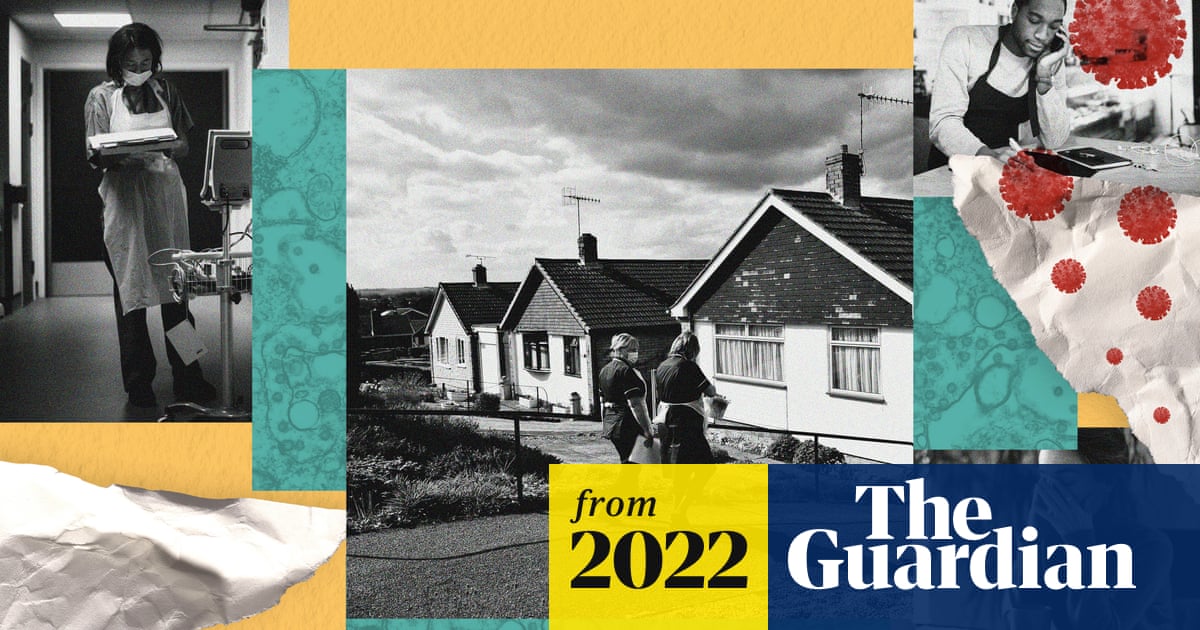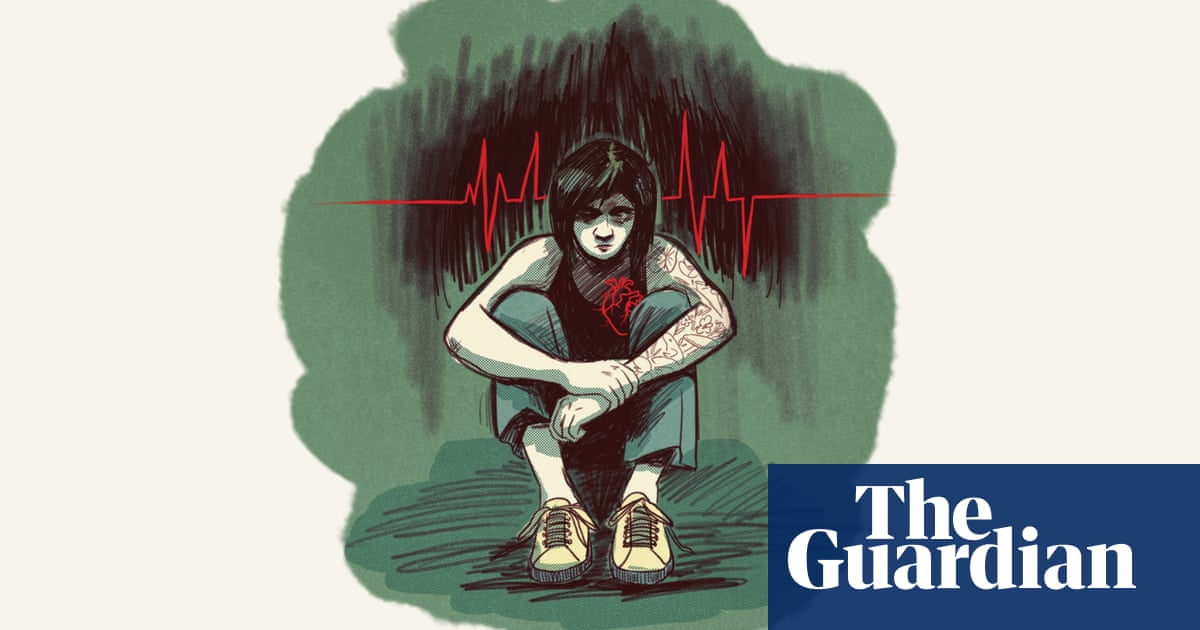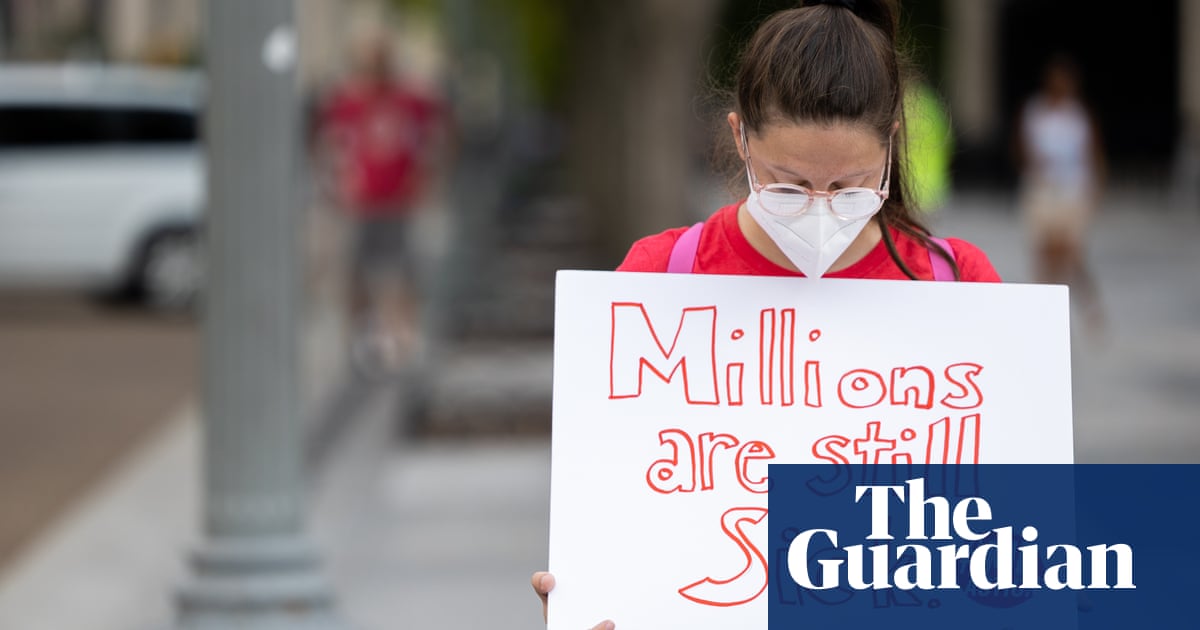- Moderator
- #76
Offline
That's a whole lot of people. Geez.About 16 million working-age Americans have long-term Covid and 2-4 million are out of work because of its ill effects, according to a new reportfrom the Brookings Institution.
Employers have complained of labor shortages throughout the pandemic, and the analysis of data from the US Census Bureau’s Household Pulse Survey, which collects data from Americans through a survey on education, employment, health and housing, suggests one possible reason for the lack of workers.
The report found that about 16 million Americans between 18 and 65 have long Covid. Of these people, who are considered of working age, they estimate that 2 to 4 million are out of work because of their symptoms……
Long Covid keeping 2-4 million Americans out of workforce, report says
About 16 million working-age Americans have long-term Covid, according to a Brookings Institution reportwww.theguardian.com

